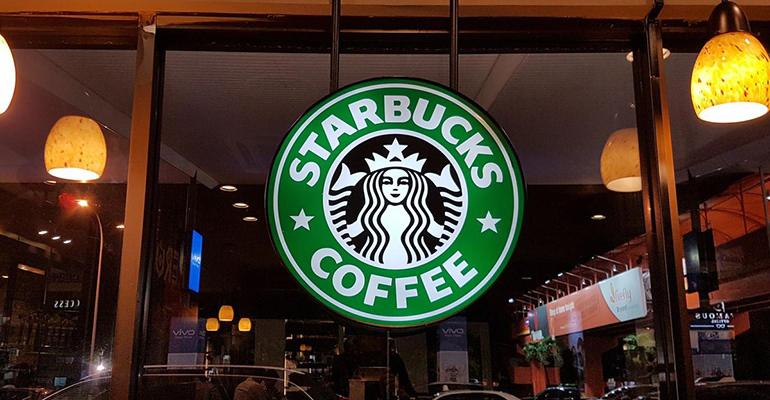As the number of Starbucks unions reaches more than 300, workers at a few unionized Starbucks stores are rethinking their vote in favor of organizing. According to the U.S. Chamber of Commerce, three stores have filed for union decertification: one in Rochester, N.Y., the Starbucks Reserve Roastery in New York City, and a store in Buffalo, N.Y., which happens to be one of the first Starbucks stores to ever file for unionization almost 18 months ago. Buffalo is also the site of a recent federal judge ruling against Starbucks for “egregious and widespread” labor law violations from 21 stores in the Buffalo area.
A decertification petition is filed when at least 30% of workers at a unionized business wish to no longer be represented by their union. According to the National Labor Relations Act, workers have to wait at least one year under a union before starting the decertification process.
SBWorkers United claims that Starbucks has been trying to get workers to decertify the union election at this particular Starbucks for a while, with Richard Bensinger, senior adviser to Workers United, telling Buffalo News that the new manager at this location has been talking about decertification from early on in her tenure.
“They just need 30% and they can quietly try to get that," Bensinger told Buffalo News.
At the New York City store, workers are being represented by the National Right to Work Legal Defense Foundation: a nonprofit organization that seeks to weaken alleged union abuses of power and provides free legal aid to workers that do not want to participate in compulsory union activities. The anti-union organization stated in a press release that there are concerns that Starbucks Workers United will attempt to block any decertification attempts:
“While we are happy that the Starbucks workers are able to take their first steps in exercising their rights oust an unwanted union, we call on SBWU union officials not to attempt to block or otherwise interfere with the rank-and-file workers’ right to hold this vote,” National Right to Work Foundation president Mark Mix said in a statement.
The unionized New York City Roastery workers went on strike for a month and a half at the end of 2022 due to hygiene and safety concerns after a bedbug infestation. They finally went back to work after coming to an agreement with corporate to get the issues fixed.
Starbucks stated that the company is not affiliated with nor has made contributions to the National Right to Work Foundation, and only clarified its stance on fair union elections and representation processes.
“As with any NLRB petition, our focus is to ensure partners can trust their voice is heard and the process is fair,” a Starbucks representative told Nation’s Restaurant News in an emailed statement. “The law prohibits Starbucks from assisting partners seeking to decertify Workers United. It is a process that must be initiated and voted upon by the partners in the store. Will also stress that allegations made by the union in response to the filing are false.”
Nation’s Restaurant News reached out to SBWorkers United and the National Labor Relations Board for more information on the decertification petitions but did not receive responses in time for publication.
In other Starbucks union news, according to Bloomberg, Administrative Law judge Charles Muhl ruled that Starbucks violated federal labor law in 20 out of 22 subpoenas the company issued. When the complaint was filed, the National Labor Relations Board argued that Starbucks was seeking identifying information from workers and union staffers that could reveal workers’ voting intentions or union strategy. According to Judge Muhl, the company must withdraw 20 of these subpoenas due to irrelevance or illegality and also pay the workers’ legal defense costs.
Although Starbucks did not comment directly on this case, a Starbucks representative told Nation’s Restaurant News in an emailed statement that the company is hard at work on scheduling bargaining sessions with unionized stores.
“Starbucks recently met union representatives in-person for complete, full-day bargaining sessions in Seattle, Richmond, Greensburg, Pittsburgh, Knoxville and Albany and has proposed or confirmed 20 additional in-person bargaining sessions through June,” Starbucks said. “Starbucks and Workers United representatives have reviewed preliminary economic and non-economic proposals, including what Workers United has called their contract ‘pillars,’ at many of the recent in-person bargaining sessions held for single-stores.”
The company also said in an effort to provide further transparency to workers with questions or concerns, the company has launched a bargaining status lookup tool that provides real-time updates on the 3% of Starbucks stores that are currently represented by Workers United.
Contact Joanna at [email protected]





